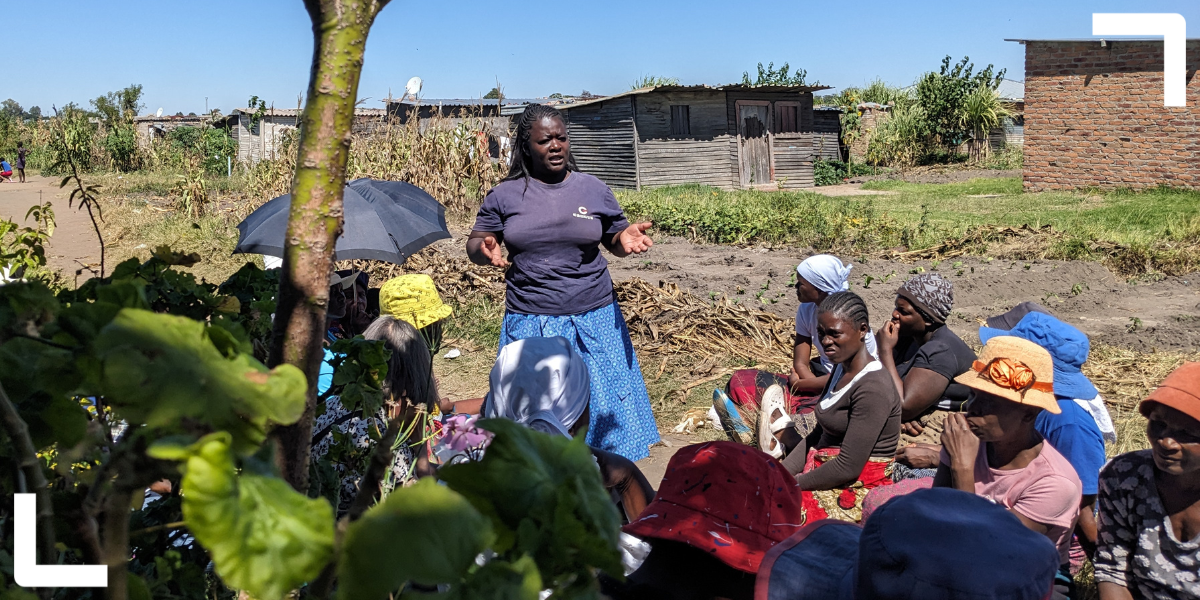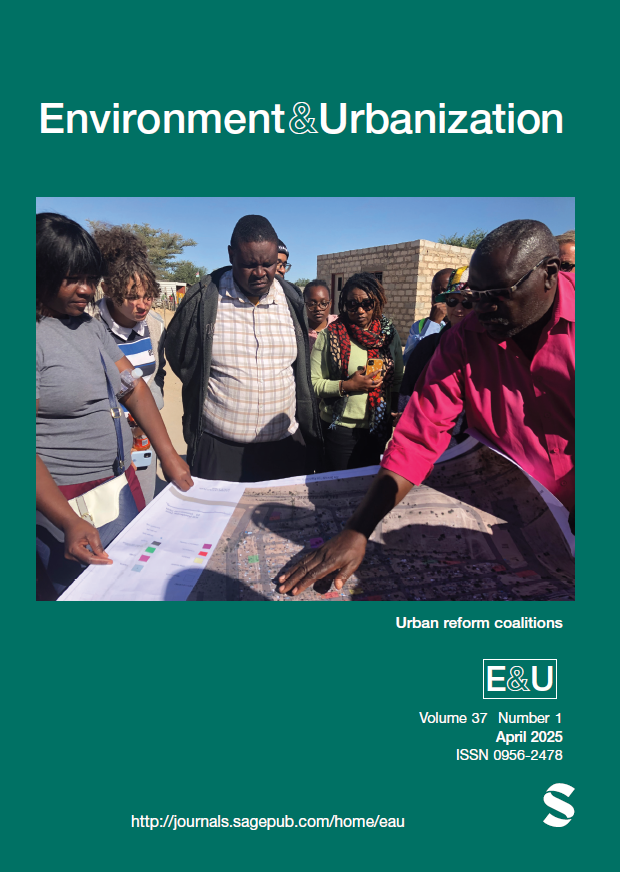“Much has been made of the value of incremental construction in cities of the global South. But where political interests are powerful, and state planning and programming is weak, solutions also need to be innovative and evolutionary.
Reform coalitions appear to emerge and potentially thrive in contexts in which grand planning has been seen to fail and where multiple organizations and individuals are committed to urban progress.”
– Diana Mitlin and Ezana Haddis Weldeghebrael
Identifying and supporting formal and informal urban reform coalitions is a critical element of how ACRC seeks to achieve inclusive and sustainable change across African cities.
We’ve also been trying to better understand the role and potential of urban reform coalitions in different contexts. This research was initiated to further analyse and advance one of ACRC’s pillars for inclusive urban transformation, and was led by Ezana Haddis Weldeghebrael during his postdoctoral fellowship with ACRC.
Setting out our initial understanding of reform coalitions in this blog post, Ezana then hosted a fascinating podcast interview series that included conversations with Diana Mitlin on ACRC and her past experiences; George Masimba on Harare; Joseph Macarthy on Freetown; Shuaib Lwasa on Kampala and Lalitha Kamath on tacit knowledge and India.
Ezana worked closely with ACRC’s CEO, Diana Mitlin, who was awarded the best paper of 2024 by Area Development and Policy for “The contribution of reform coalitions to inclusion and equity: lessons from urban social movements”.
Building on this work, we ran a workshop that brought together researchers and reformers, which has resulted in a new open access special issue of Environment and Urbanization.
Collectively, the papers explore how urban reformers come together to advance inclusive urban futures. They reflect on diverse issues, including the politics of this process, the formation and functioning of effective coalitions and their contribution to urban change, and potentially to transformation.
In addition to an editorial from Ezana and Diana, the special issue also contains articles from:
- Ivan Turok on the anatomy of an alliance for affordable urban housing in Cape Town
- George Masimba on the Urban Informality Forum in Harare
- Oluwafemi Ayodeji Olajide and Taibat Lawanson on the politics of urban reform coalitions in Lagos
- Stephanie Butcher, Brenda Pérez-Castro, Barbara Lipietz et al. on trans-local solidarities within the Asian Coalition for Housing Rights
- Vanessa van den Boogaard on property tax reform coalitions in Freetown
- Catherine Sutherland, reflecting on transformative sustainability in Durban
- Ezana Haddis Weldeghebrael on key dimensions and typologies of reform coalitions within African cities
- Alejandro Barcena on how Dakar’s flood drainage canals transform political spaces
- Beatrice Hati on polymorphic grassroots networks and implications for disaster resilience in Sierra Leone, India and Kenya
The collection adds four main observations to existing understandings of urban reform:
1. The contribution of coalitions to hybrid urbanism – both to experimentation and innovation in infrastructure, and to greater diversity in governance systems.
2. The benefits of coalitions for improving accountability – inter-agency and otherwise. Three of the papers in this issue specifically discuss accountability between grassroots organisations and academic and professional groups, and their influence on accountability within community groups and grassroots networks.
3. Highlighting the ways coalitions build cross-class platforms to tackle poverty and amplify community voice. This contributes to building legitimacy and, more fundamentally, improving knowledge and information flows, thereby reducing marginalisation. In addition to facilitating innovation and joint experimentation, some of the initiatives discussed in this issue also build the political force to legitimise it.
4. How coalitions have supported academics to enhance their work beyond the academy, as they add to efforts towards more inclusive cities and prosperous urban economies. The authors acknowledge there are limits to the contribution of coalitions, which don’t always include the most disadvantaged groups, or have a transformation agenda. Yet “Despite setbacks, the political benefits of coalitions incentivise further efforts for individuals and agencies to work together”.
> Read: The contribution of urban reform coalitions to inclusive and equitable cities (open access)
Header photo credit: Chris Jordan
Note: This article presents the views of the authors featured and does not necessarily represent the views of the African Cities Research Consortium as a whole.
The African Cities blog is licensed under Creative Commons Attribution-NonCommercial-NoDerivatives 4.0 International (CC BY-NC-ND 4.0), which means you are welcome to repost this content as long as you provide full credit and a link to this original post.



